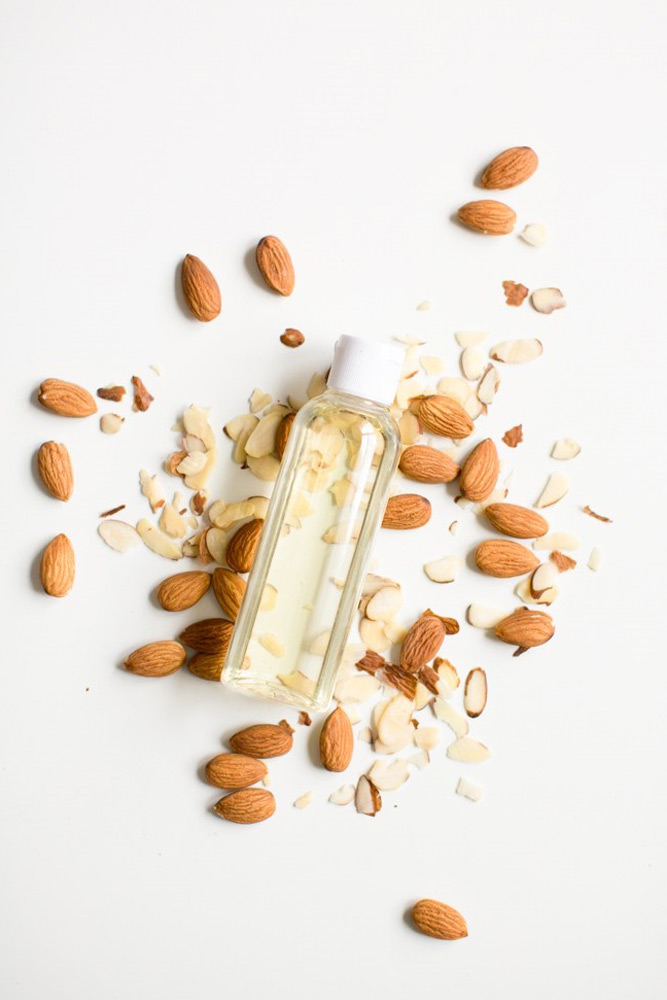Table Of Content
- Soultanicals Bloom-Supa Potent Healthy Hair Growth Oil
- Keranique Hair Regrowth Treatment For Women 2% Minoxidil Topical Solution
- What stimulates natural hair growth?
- FDA-Approved Treatments
- What are the best ingredients to look for in hair growth products?
- Dove Scalp + Hair Therapy Fullness Restore Scalp Serum

Oral FinasteridePropecia (finasteride) is FDA-approved to treat male pattern hair loss. It is not used to treat hair loss in children or people capable of becoming pregnant, though it is sometimes used on postmenopausal people with less dramatic results. Minoxidil is formulated as a liquid, foam, or spray applied directly to your scalp.
Soultanicals Bloom-Supa Potent Healthy Hair Growth Oil
What they do is boost blood flow to your hair roots, bringing nutrients and energy that your hair needs to grow. Tests of PRP as a treatment for hair loss are promising, but we don't know yet how long its benefits last. These ingredients may improve and protect the scalp barrier, resulting in reduced hair thinning. Applying antioxidants to your scalp may help reduce hair loss and improve the condition of your scalp. If you're wary of applying anything too harsh to your scalp, try this serum. Though the formula is 100 percent vegan, it has a triple shot of powerful botanicals that lift hair at the roots to give the appearance of mega volume, says trichologist David Adams.
Keranique Hair Regrowth Treatment For Women 2% Minoxidil Topical Solution
The haircare enthusiast also added Minamalist's Hair Growth Actives Serum into her routine, though she was unsure about its impact. Next, she added two tablespoons of raw pumpkin seeds to her diet to prevent DHT, a hormone that causes baldness. She began with daily supplements in the morning, afternoon, and night.
What stimulates natural hair growth?
Both minoxidil 2% and 5% are FDA-approved for treating hair loss in people of any sex. A 2015 study also found that rosemary oil may be as effective as minoxidil for treating androgenetic alopecia. If you’re experiencing unexplained and/or severe hair loss, you should schedule a checkup with your doctor, as certain health conditions can cause hair loss. In such cases, treating the underlying cause may help reverse hair loss issues. One test-tube study found that keratin might decrease hair loss, treat damaged hair, and increase hair diameter.

Once your dermatologist finds the cause(s), your dermatologist will tell you whether treatment is recommended. Sometimes, your hair will regrow on its own, making treatment unnecessary. If your dermatologist suspects that the cause of your hair loss could be a disease, vitamin deficiency, hormone imbalance, or infection, you may need a blood test or scalp biopsy. Here’s how a dermatologist determines the cause and what treatment may involve.
Does castor oil for hair growth really work? We asked dermatologists to find out - CNN Underscored
Does castor oil for hair growth really work? We asked dermatologists to find out.
Posted: Thu, 25 Jan 2024 08:00:00 GMT [source]
When applied to the scalp, minoxidil is believed to widen blood vessels, promoting increased blood flow to hair follicles. This improved circulation is thought to stimulate hair growth and is often used to address conditions such as androgenetic alopecia, commonly known as pattern baldness. A 2020 review suggests that caffeine in topical products, like shampoos and conditioners, could prevent hair loss as effectively as drug-based treatments. Caffeine may promote hair growth by stimulating the metabolism and proliferation of cells.
Thicker Fuller Hair Root Lifting Serum
Conditions like psoriasis and even fungal infections can lead to hair thinning when symptoms go untreated, she adds. "There are studies showing that rosemary oil can be equivalent to 2 percent minoxidil," Henry says. She recommends using 100 percent organic rosemary oil rather than haircare formulas that contain some rosemary oil.
Like other scalp oils, castor oil typically is massaged into the scalp and left on overnight to help boost hair growth. Note that there isn't direct scientific evidence supporting the use of castor oil for hair growth, so check with a healthcare provider before adding this to your hair care routine. Research shows that low-level laser therapy can trigger hair-growth-promoting effects in male and female pattern baldness. There is some evidence that combining low-level laser therapy with topical minoxidil and oral finasteride may enhance results. Choosing a hair loss treatment plan is a highly personal decision.
However, a consistent routine incorporating the right ingredients and practices can help. Ahead, check out the best hair growth products to try, including shampoos, hair oils, and scrubs, as recommended by dermatologists. Besides using it as a one-hour scalp treatment, you can brush it through lashes and brows—and it makes a great carrier for your rosemary oil. This will help your provider narrow down the root cause and tailor a treatment plan to re-grow your hair.
At least one study has highlighted that regularly taking supplements with omega-3 fatty acids, omega-6 fatty acids, and antioxidants can promote thicker hair and less hair loss. If you recognize emotional changes, consult a healthcare provider about mental health services that can help you address the emotional aspects of hair loss. You may need to consider new hairstyles until full regrowth occurs.
Collagen supplements contain amino acids (the building blocks of protein). They may also contain additional nutrients such as vitamin C, zinc, or biotin. Other supplements meant to help with hair loss tend to contain a lot of one nutrient. Because this can cause you to get too much of the nutrient, many dermatologists recommend taking a multivitamin instead.
No comments:
Post a Comment